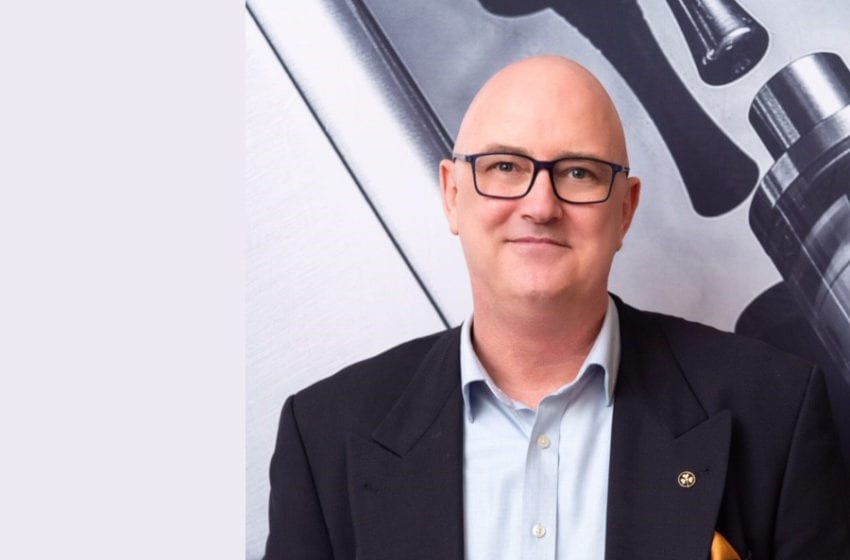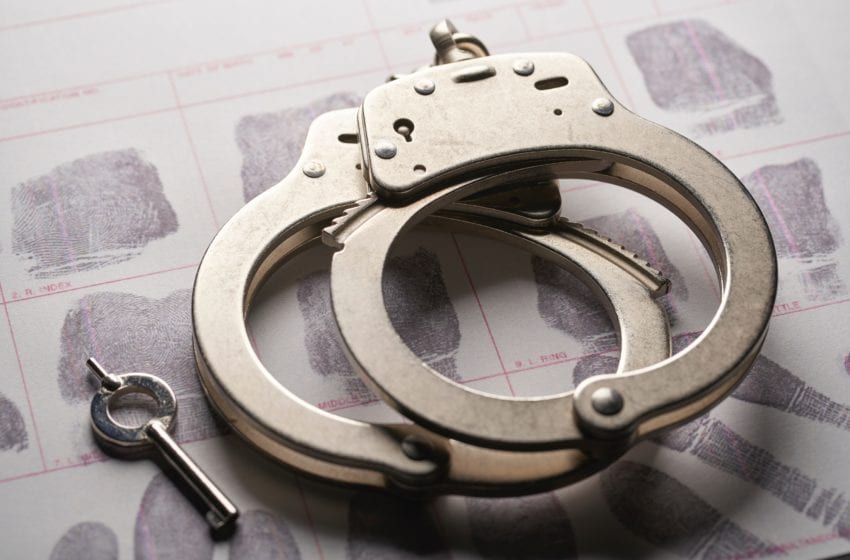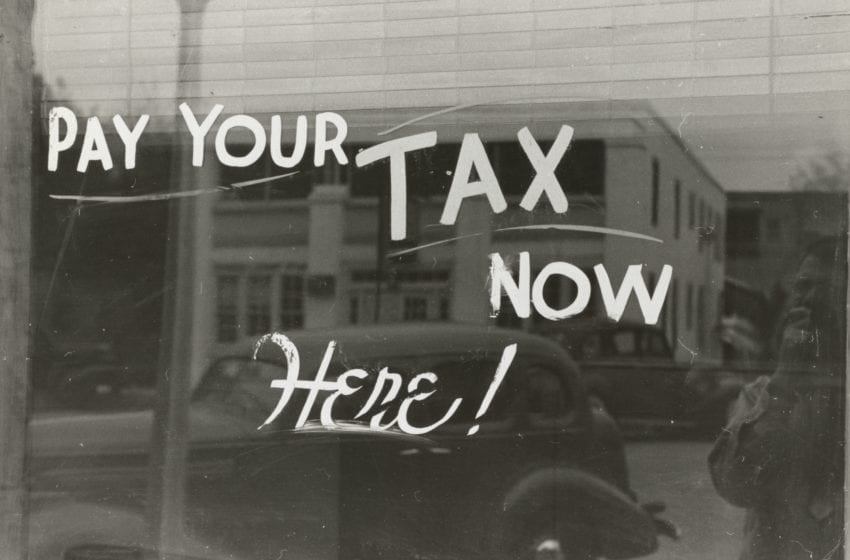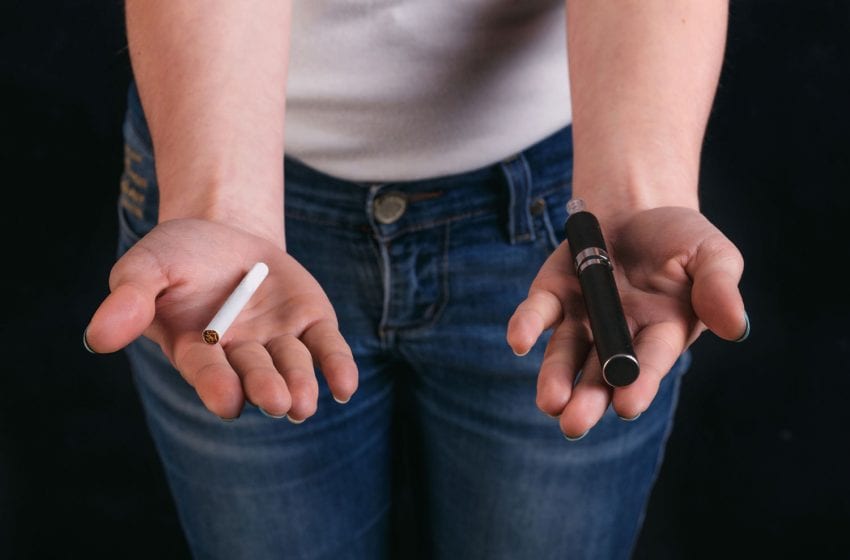
John Dunne has been confirmed as director general of the UK Vaping Industry Association (UKVIA) after a vote by the trade body’s full membership.
Dunne was previously responsible for the UKVIA’s member recruitment activity, where he oversaw significant growth in membership levels. He is also the UKVIA’s primary media spokesperson on television, radio and in print.
Dunne has a long and well-respected background in European vaping and has held senior positions at some of the sector’s leading firms. In addition, he has advised industry analysts and financial institutions on the vaping industry, both in the U.K. and globally.
The new role has been established to support future planned growth of the UKVIA, as it extends its role and influence, while building its membership base significantly.
“I am honored that the UKVIA membership has put its faith in me.,” said Dunne. “The association is well placed to go from strength to strength, with membership growing consistently despite the challenges of the pandemic.
“The next 12 months are hugely important to the vaping industry, with the government review of the Tobacco & Related Products Regulations set to shape the future of our sector. It is crucial that we have a unified voice to influence these regulations, for the benefit of the industry and the public health of the nation. We have already started formulating our contribution to the government’s review, working closely with all our members.”
















